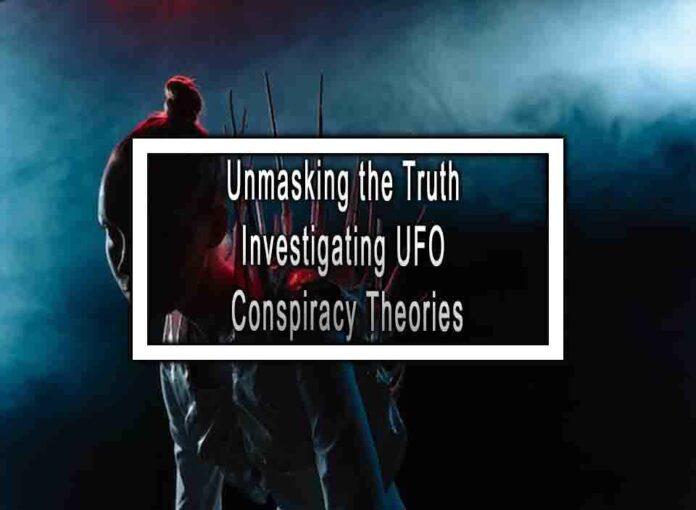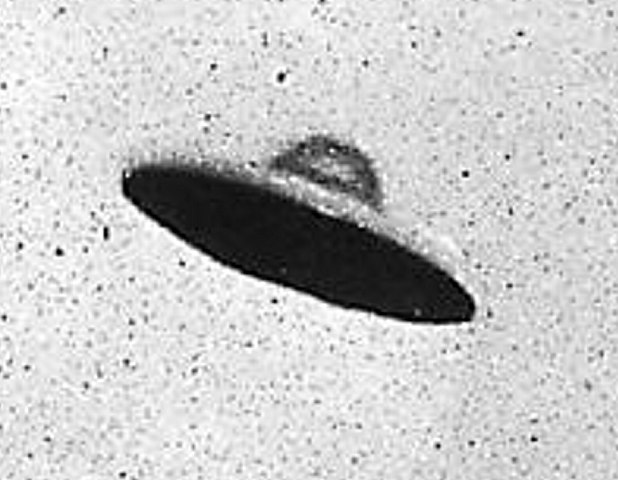Investigating UFO conspiracy theories involves examining claims and allegations that suggest governments, military organizations, or other groups are involved in a deliberate cover-up or suppression of information related to unidentified flying objects (UFOs) and extraterrestrial encounters. While conspiracy theories can be compelling and capture public imagination, it is essential to approach them with skepticism and a commitment to evidence-based inquiry. Here’s how to unmask the truth when investigating UFO conspiracy theories:
Examine the Evidence:
- Start by carefully examining the available evidence for the conspiracy theory. Look for credible sources, documents, and testimonies that support the claims being made.

- Start by carefully examining the available evidence for the conspiracy theory. Look for credible sources, documents, and testimonies that support the claims being made.
Evaluate the Sources:
- Assess the credibility and reliability of the sources presenting the conspiracy theory. Consider whether they have a history of spreading misinformation or if they have a vested interest in promoting the theory.
Consider Motives:
- Investigate the purported motives behind the conspiracy. Determine why authorities or organizations would engage in a cover-up related to UFOs. Be cautious of overly simplistic explanations or claims that rely on unfounded assumptions.
Cross-Reference Information:
- Cross-reference information with multiple sources to verify the claims being made. Look for corroborating evidence from different angles and perspectives.
Analyze Official Statements:
- Examine official statements and documents from government agencies, military organizations, and scientific institutions regarding UFOs. Note any discrepancies or contradictions between these statements and the conspiracy theory.
Historical Context:
- Consider the historical context of the conspiracy theory. Determine whether similar claims have arisen in the past and whether they have been debunked or substantiated.
Critical Thinking:
- Apply critical thinking skills to the conspiracy theory. Question assumptions, consider alternative explanations, and be mindful of cognitive biases that may affect your judgment.
Expert Opinions:
- Seek input from experts in relevant fields, such as aerospace engineering, astrophysics, and intelligence analysis. Their perspectives can provide valuable insights into the plausibility of the conspiracy theory.
Fact-Check and Debunking:
- Investigate whether the conspiracy theory has been fact-checked or debunked by reputable organizations or experts. Debunking articles and resources can provide counterarguments to the claims being made.
Remember that conspiracy theories often thrive in the absence of concrete evidence and rely on speculation, mistrust, and sensationalism. While it’s essential to investigate claims rigorously, it’s equally crucial to maintain a balanced and rational perspective when exploring UFO conspiracy theories and to prioritize credible sources and evidence-based reasoning in the pursuit of truth.











